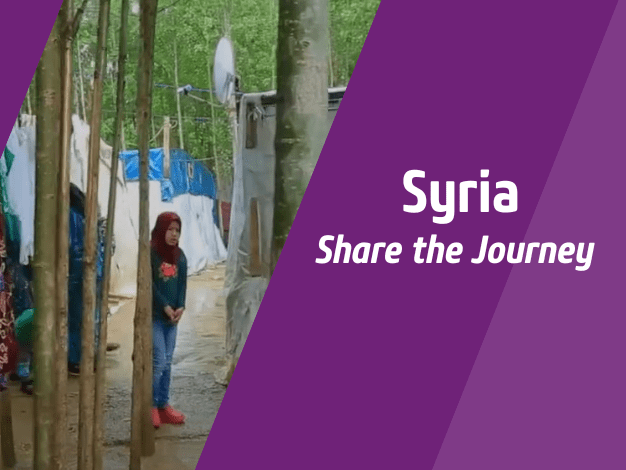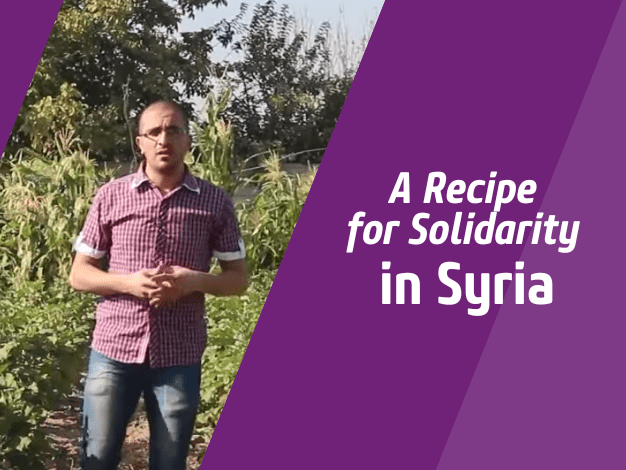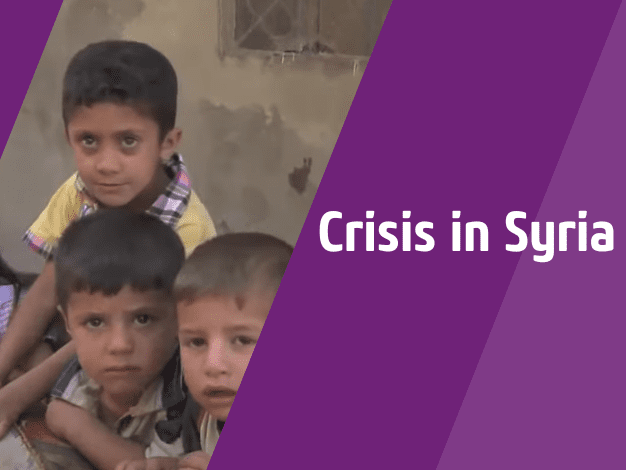Since the beginning of the armed conflict in March 2011, Syria is experiencing a protracted political and socioeconomic crisis that has resulted in the severe deterioration of living conditions. About 6.8 million people have been internally displaced since the onset of the crisis. Up to 90% of the population is estimated to live below the poverty line, and over 12 million Syrians experience food insecurity. Incomes have stagnated and hyperinflation has widened the gulf between incomes and living costs. Record high food prices, a lack of basic public health services, the forced reliance on unaffordable private healthcare, a fuel crisis, electricity shortages, climate change and international isolation all stack up to create a serious humanitarian crisis.
On February 6, 2023, a catastrophic magnitude 7.7 earthquake struck the Turkey-Syria border region, resulting in the deaths of over 50,000 people and the destruction of thousands of buildings. Already been severely impacted on by the war, Latakia, Aleppo and other cities in northwestern Syria suffered even more from the violent tremors. Already-fragile infrastructure was devastated, and no machinery or equipment was available to rescue people trapped beneath the rubble. Within minutes, hundreds of thousands of people lost the little they had left.
Across Syria, more than 7,000 people perished and over 14,500 were reported injured. Some 9,000 buildings sustained varying degrees of damage. This included health facilities, which further strained the healthcare system. There has recently been a significant increase in waterborne diseases like cholera because sanitation infrastructure, too, has been affected. Fr. Tony O’Riordan, director of Jesuit Refugee Service Syria, noted that people’s “sense of safety and security has collapsed along with many of the buildings.”
In the critical first hours many were aided by the Syrian Arab Red Crescent, local initiatives and some swift-acting NGOs. This was followed by a more organized plan from national and international organizations. The response included providing food baskets, blankets, mattresses and other essential items such as hygiene kits.


The protracted crisis in Syria has left millions of Syrians in need. Development and Peace ― Caritas Canada and partners will continue helping Syrians to meet their basic needs and enhance their capacities to earn sustainable incomes and maintain their dignity.






About us
Our work
Get involved
Ways to give
Resources
Get in touch
555 René-Lévesque Blvd. West, 8th Floor
Montreal (Quebec) Canada H2Z 1B1
Phone: 514-257-8711
Toll-free: 1-888-234-8533
Fax: 514-257-8497
Email: info@devp.org
Charity number: 1 1882 9902 RR 0001


Our international cooperation program is carried out in part with the financial support of the Government of Canada acting through Global Affairs Canada.
Development and Peace — Caritas Canada is the official international solidarity organization of the Catholic Church in Canada and the Canadian member of Caritas Internationalis.
Copyrights © 2024
Don’t miss anything about the work of our international partners or our awareness and mobilization campaigns.
Sign up now for our newsletter.